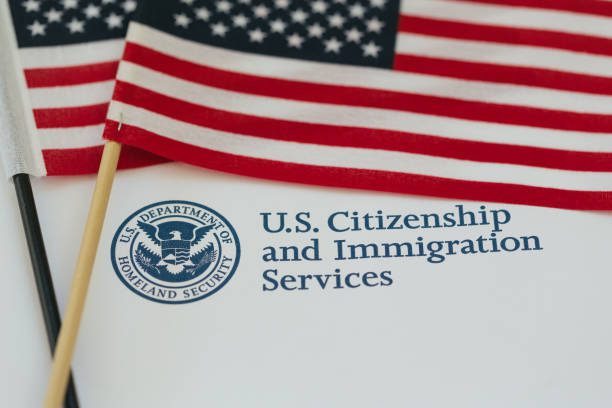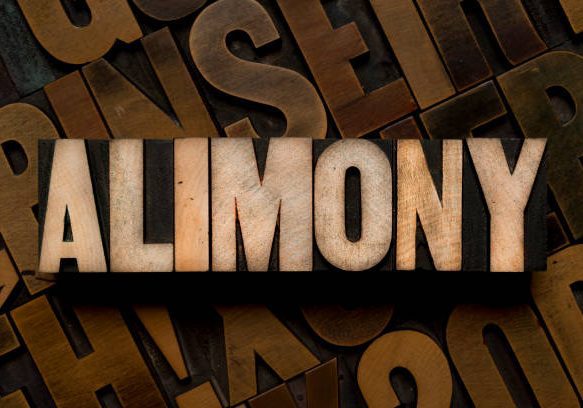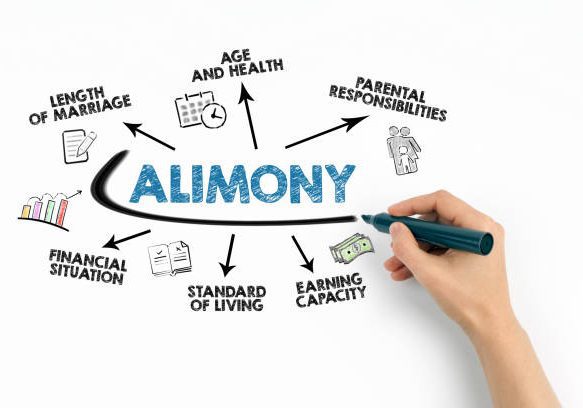Understanding the Implications of Marriage on Immigration Status and Processes in Illinois

Marriage can significantly impact an individual’s immigration status and processes in the United States, particularly in Illinois. For those navigating the complex intersection of matrimonial and immigration law, understanding these implications is crucial. At Pinkston Law Group, P.C., our dedicated team of legal experts specializes in providing comprehensive guidance to ensure clients are well informed and prepared for the journey ahead.
The Role of Marriage in U.S. Immigration
Marriage to a U.S. citizen or lawful permanent resident (LPR) is a common pathway for obtaining legal immigration status in the U.S. This process, however, is intricate and demands a thorough understanding of the legal requirements and procedures.
Adjustment of Status through Marriage
When a non-U.S. citizen marries a U.S. citizen or an LPR, they may be eligible to apply for an adjustment of status to become a lawful permanent resident (green card holder). This process involves several steps, including filing Form I-130 (Petition for Alien Relative) and Form I-485 (Application to Register Permanent Residence or Adjust Status).
Proving a Bona-Fide Marriage
To successfully adjust status through marriage, couples must prove that their marriage is bona fide, meaning it was entered into in good faith and not for the purpose of circumventing immigration laws. Evidence to support the genuineness of the marriage can include joint financial statements, property leases or ownership documents, and photographs of the couple together.
Conditional Permanent Residence
If the marriage is less than two years old at the time the green card is approved, the immigrant spouse will receive conditional permanent residence. This status is valid for two years, after which the couple must jointly file Form I-751 (Petition to Remove Conditions on Residence) to prove that the marriage was not entered into for immigration purposes.
Challenges and Considerations
Navigating the marriage-based immigration process in Illinois involves several challenges and considerations. Applicants must be mindful of changing immigration laws and policies, as well as potential delays and scrutiny. It is also crucial to consider the impact of state laws on the process, as certain aspects of marriage and family law can vary significantly by state.
Why Choose Pinkston Law Group, P.C.?
At Pinkston Law Group, P.C., we understand the complexities and challenges of marriage-based immigration. Our attorneys are dedicated to providing personalized and effective legal representation to guide you through every step of the process. Whether you are seeking to adjust your status through marriage, facing challenges with conditional residence, or navigating the removal of conditions, we are here to help.
Call to Action
If you or someone you know is navigating the implications of marriage on immigration status and processes in Illinois, do not hesitate to contact Pinkston Law Group, P.C. Our experienced team of attorneys is ready to provide the guidance and support you need to achieve your immigration goals. Schedule a consultation today to learn more about how we can assist you in this important journey.
Navigating the intersection of marriage and immigration law can be daunting, but with the right legal support, it is possible to achieve a successful outcome. Let Pinkston Law Group, P.C. be your partner in this crucial journey.





